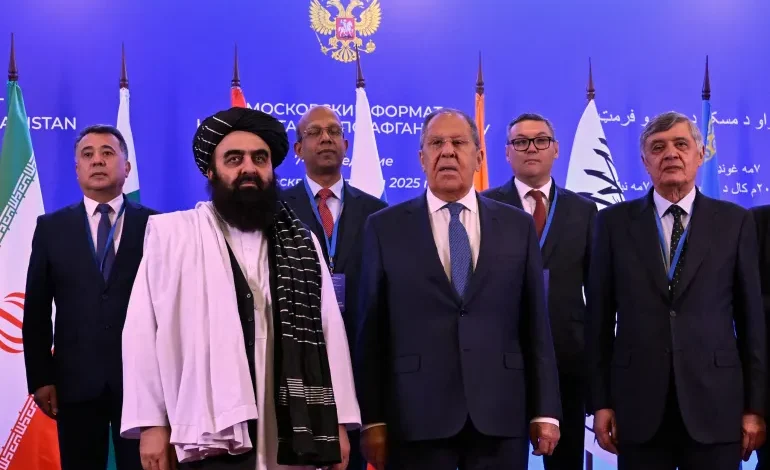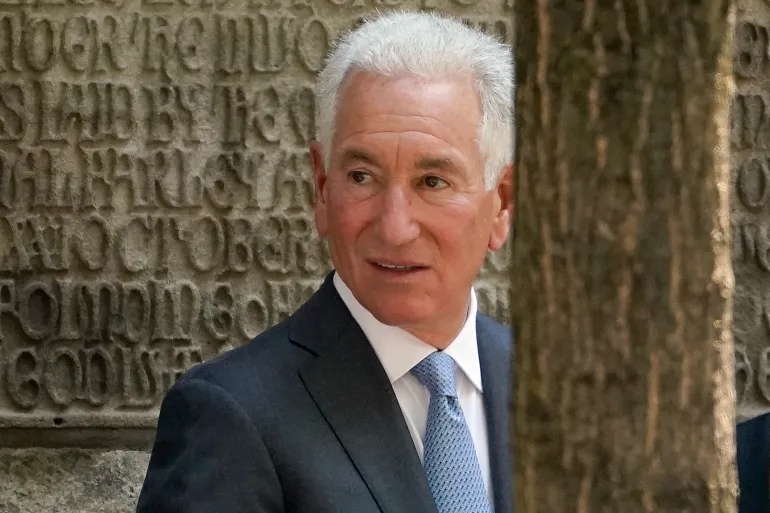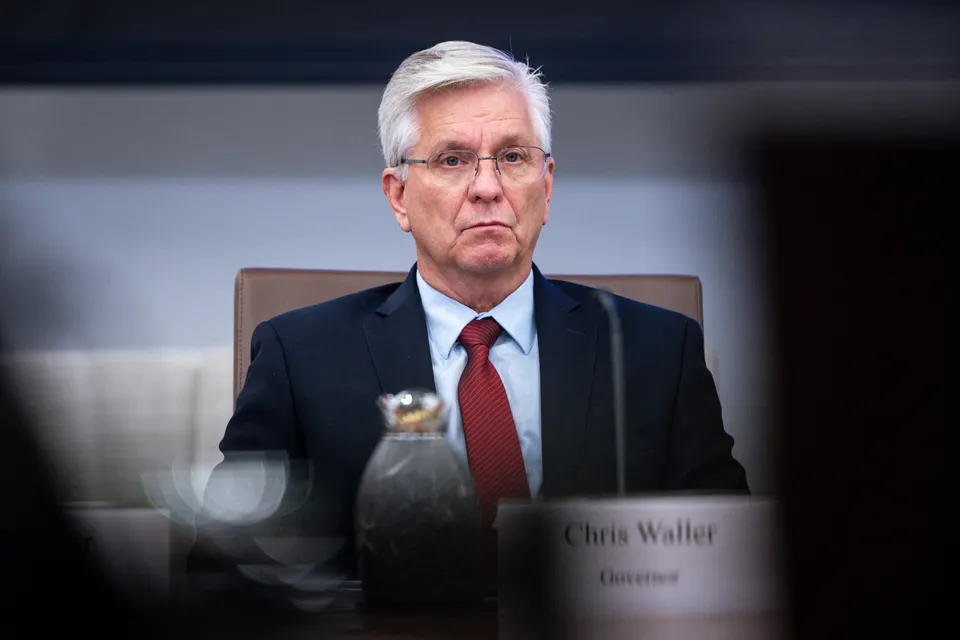Regional Powers Unite Against Trump’s Push to Return to Bagram Airbase in Afghanistan

Afghanistan’s neighbours, including India, Pakistan, China, Russia, Iran, and several Central Asian countries, have found rare common ground: none of them want to see foreign troops or military bases return to Afghan soil.
In a joint statement released after the latest Moscow Format of Consultations on Afghanistan, the countries “reaffirmed their unwavering support for the establishment of Afghanistan as an independent, united and peaceful state”. The statement also “called unacceptable the attempts by countries to deploy their military infrastructure in Afghanistan and neighbouring states, since this does not serve the interests of regional peace and stability.”
The message was unmistakable: a collective rejection of Donald Trump’s push to regain control of Bagram airbase, which the US handed over to the Taliban five years ago as part of the withdrawal deal.
Trump has been vocal about wanting to return. Last month, he said “bad things” would happen to Afghanistan if it did not give the base back, arguing that Bagram’s location near China makes it strategically vital.
“The base is an hour away from where [China] makes its nuclear weapons,” he told an audience in London.
Bagram, a sprawling complex north of Kabul, served as the main hub for US forces during the two decades of war after the September 11 attacks. It was also where thousands of detainees were held for years without trial, some tortured, during America’s “war on terror”. The Taliban reclaimed it in 2021, after the chaotic US withdrawal.
After the Moscow talks, Taliban Foreign Minister Amir Khan Muttaqi reinforced his government’s position:
“Afghanistan is a free and independent country, and throughout history, it has never accepted the military presence of foreigners. Our decision and policy will remain the same to keep Afghanistan free and independent.”
India’s endorsement of the statement is particularly noteworthy. Once a firm US ally in the region, New Delhi now appears to be walking a careful line. It’s quietly opened channels with the Taliban, a group it once refused to engage with, and is set to host Muttaqi for a historic visit to New Delhi from October 9 to 16.
For the US, however, the plan to reoccupy Bagram looks increasingly unrealistic. Analysts warn it would require more than 10,000 troops, advanced air defences, and an enormous diplomatic effort with a government that doesn’t want them back.
“The sheer logistics of negotiating redeployment and handing back would be extremely challenging and lengthy, and it’s not clear that this would serve either side’s strategic interests,” said Ashley Jackson, co-director at the Centre on Armed Groups in Geneva.









The latest news in your social feeds
Subscribe to our social media platforms to stay tuned